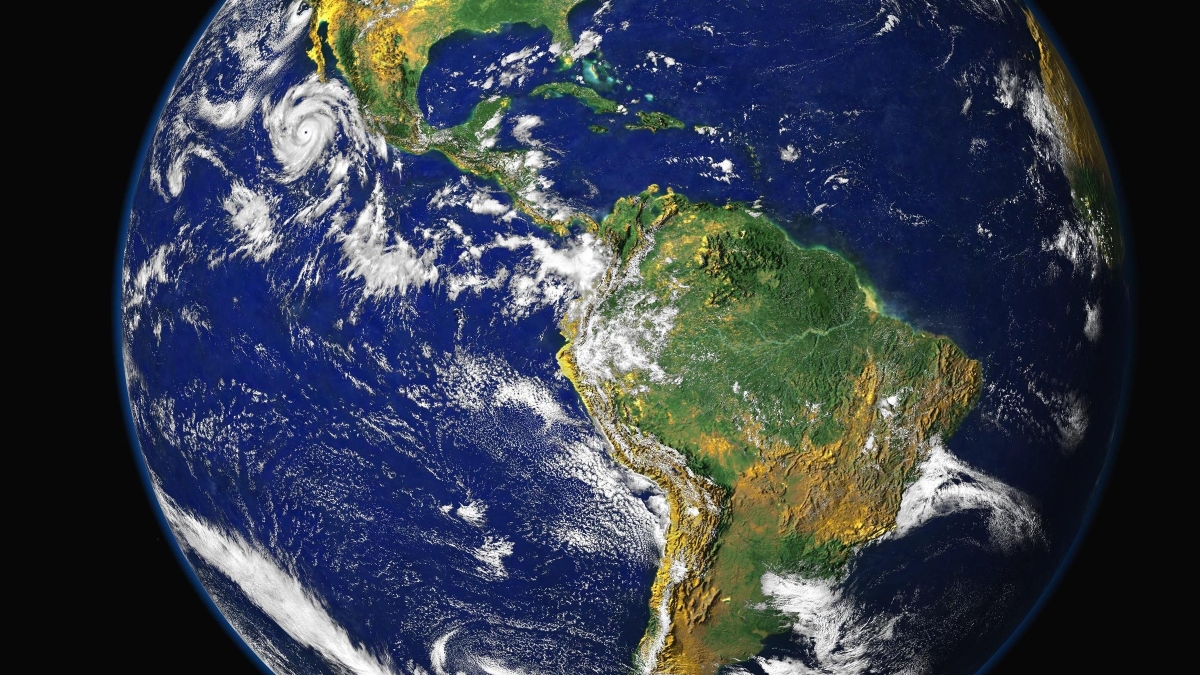Two profound changes have shaped the Earth. One happened about 2 billion years ago when our atmosphere became flooded with oxygen and made way for life as we know it.
The other change is happening right now.
“It’s us,” says Ariel Anbar. “It’s what we humans are doing to the planet.”
But this is not another message of the doom and gloom humans have wrought on the Earth. Anbar, President’s Professor in the School of Earth and Space Exploration and director for the Center for Education Through Exploration, is decidedly optimistic.
In his KEDtalk, Anbar shows us how innovation is a distinct human tool that can be harnessed to design the future we want to see. Along the way he traces the unlikely arc of his career from studying ancient rocks looking for oxygen to creating video games that challenge conventional wisdom about learning.
Anbar's talk is part of the ASU KEDtalks series. Short for Knowledge Enterprise Development talks, KEDtalks aim to spark ideas, indulge curiosity and inspire action by highlighting ASU scientists, humanists, social scientists and artists who are driven to find solutions to the universe’s grandest challenges. Tune in monthly to research.asu.edu/kedtalks to discover how the next educational revolution will come about, whether space is the next economic frontier and more.
More Science and technology

From food crops to cancer clinics: Lessons in extermination resistance
Just as crop-devouring insects evolve to resist pesticides, cancer cells can increase their lethality by developing resistance to treatment. In fact, most deaths from cancer are caused by the…

ASU professor wins NIH Director’s New Innovator Award for research linking gene function to brain structure
Life experiences alter us in many ways, including how we act and our mental and physical health. What we go through can even change how our genes work, how the instructions coded into our DNA are…

ASU postdoctoral researcher leads initiative to support graduate student mental health
Olivia Davis had firsthand experience with anxiety and OCD before she entered grad school. Then, during the pandemic and as a result of the growing pressures of the graduate school environment, she…
